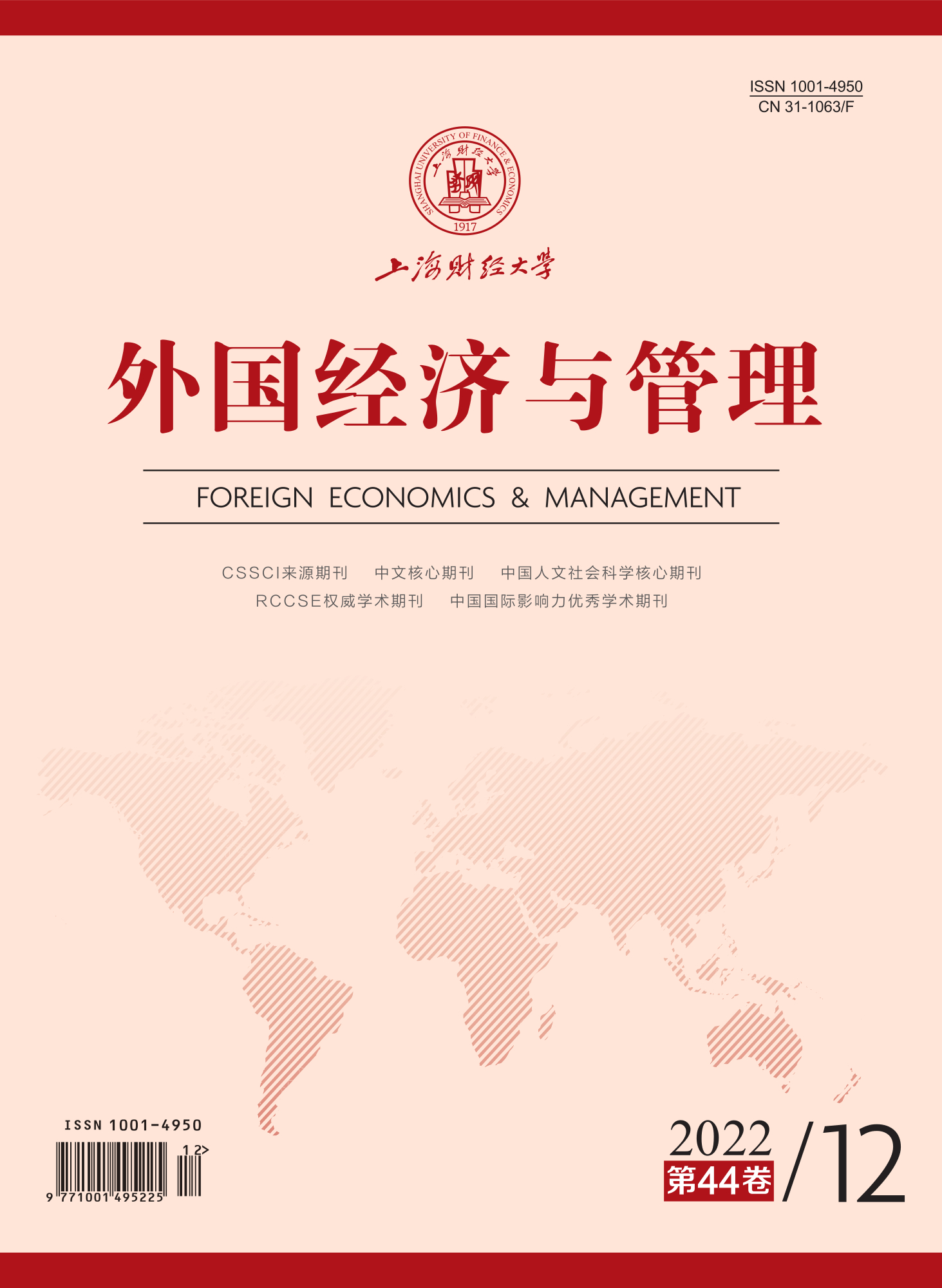The “Regulations on the Work of the Party Group of the Communist Party of China (for Trial Implementation)” issued by the Central Committee of the CPC in June 2015 established the “pre-discussion” decision-making mechanism for important personnel appointments and dismissals, major decision-making matters, major project arrangements, and the use of large funds for central SOEs.
Based on the in-depth analysis of the theoretical mechanism and the role of the “pre-discussion” decision-making mechanism in affecting the performance of SOEs, this paper proposes research hypotheses. Then, taking the implementation of the “pre-discussion” decision-making mechanism in central SOEs and local SOEs in 2015 and 2016 as a quasi-natural experiment, using China’s Shanghai and Shenzhen A-share listed companies from 2010 to 2020 as samples, this paper employs the PSM-DID method to empirically test the impact of the “pre-discussion” decision-making mechanism on the economic and social performance of SOEs and the role of agency costs in it. It is found that: The “pre-discussion” decision-making mechanism can significantly improve the economic performance of SOEs without significantly reducing the social performance of SOEs, thus realizing the Pareto improvement of SOE performance; reducing principal-agent costs is an important way for the “pre-discussion” decision-making mechanism to improve the economic performance of SOEs; compared with local SOEs and SOEs in sound market environments, the “pre-discussion” decision-making mechanism has a more obvious Pareto improvement effect on central SOEs and SOEs in backward market environments.
This paper examines the impact of the “pre-discussion” decision-making mechanism on the social and economic performance of SOEs from theoretical and empirical perspectives. The research content is more consistent with the actual situation and basic characteristics of China’s SOEs. The findings clarify the different impacts of the “pre-discussion” decision-making mechanism on the social and economic performance of SOEs and provide a precise evaluation of the “pre-discussion” decision-making mechanism, which not only deepens and complements the existing literature, but also provides theoretical and empirical evidence for further integrating Party organizations into the corporate governance system and optimizing the corporate governance mechanism of SOEs. The central and local governments should continue to promote the implementation of the “pre-discussion” decision-making mechanism in SOEs. SOEs should consciously improve their corporate governance mechanism by the requirements of the “pre-discussion” decision-making mechanism to reduce principal-agent costs and improve their economic and social performance.





 3592
3592  3341
3341

